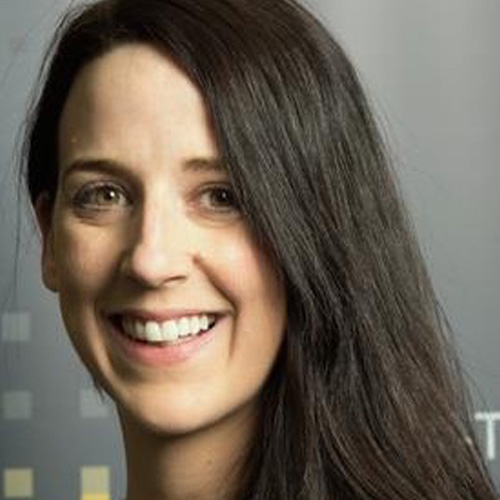
Dr Rachel O’Dwyer
Lecturer, Digital Cultures, School of Visual Culture
National College of Art & Design (NCAD), Dublin
National College of Art & Design (NCAD), Dublin
Rachel is a lecturer in Digital Cultures in the School of Visual Culture in the National College of Art & Design, (NCAD) Dublin. Among other things she coordinates modules on Economies of Culture and Digital Cultures and teach electives on topics such as Art and Money, Tactical Media and the Politics of Algorithms and Networks. She is formerly a Media and Communications Research Fellow in CONNECT, Trinity College Dublin, a Government of Ireland Scholar and a Fulbright scholar at UC Irvine, California’s Future of Money Research Institute.
Rachel’s research is in the area of surveillance capitalism: exploring how value is extracted through networks and platforms, with a particular focus on digital money, mobile networks and payments. She also explores the modes of resistance that emerge to surveillance capitalism, with an emphasis on artistic and activist practices. Most of her work is within the money/payments space, but she explored similar themes of online surveillance, data monetisation and resistance in her PhD research through the lens of struggles around mobile networks and the enclosure of radio spectrum.
Listen to Rachel on the podcast
Listen to Rachel on The Human Show podcast talking with Erin B. Taylor about her innovative work on surveillance capitalism, mobile networks and payments. Rachel and Erin reflect on the similarities between the field of art and the field of money research. What do art and money have in common?
Artistic methods for engaging with algorithms
How do artists represent and explore the ethics and challenges of sociotechnical systems? This talk looks at practice-based methods emerging from art and design such as media archaeology, media art, speculative design and science fiction that provide ways of critically engaging with complex sociotechnical systems and their ethics. I’ll specifically be focusing on examples of works that critically engage with algorithmic credit scoring and asking how these creative approaches invite new ways of thinking about the complexity and ethical challenges of FinTech.
